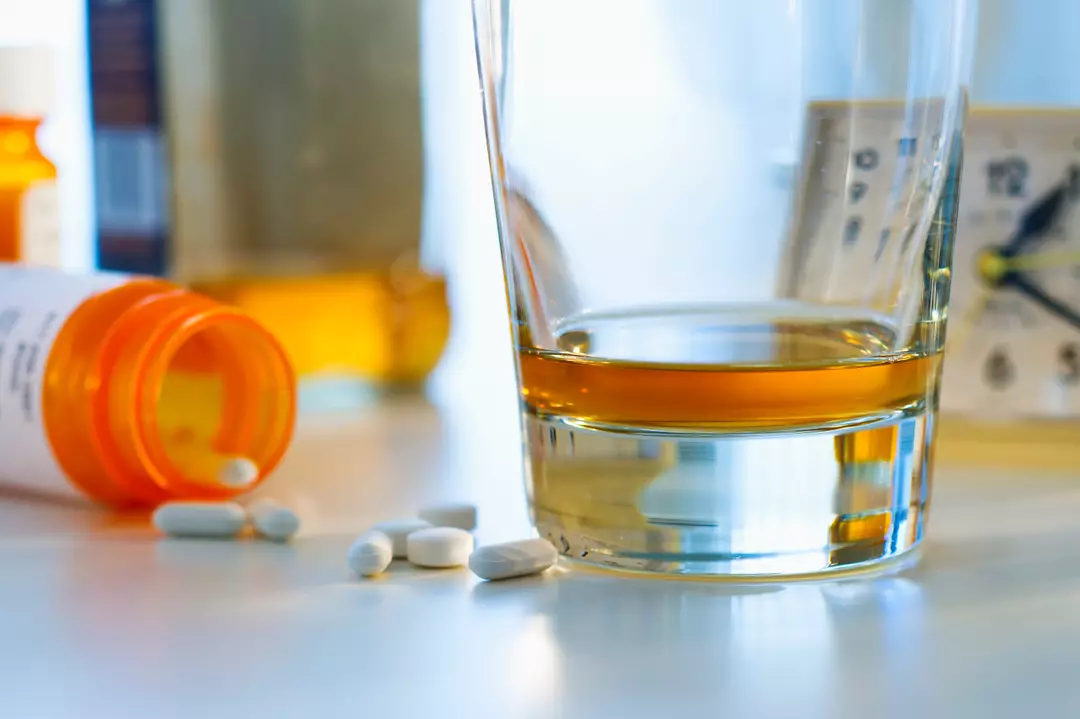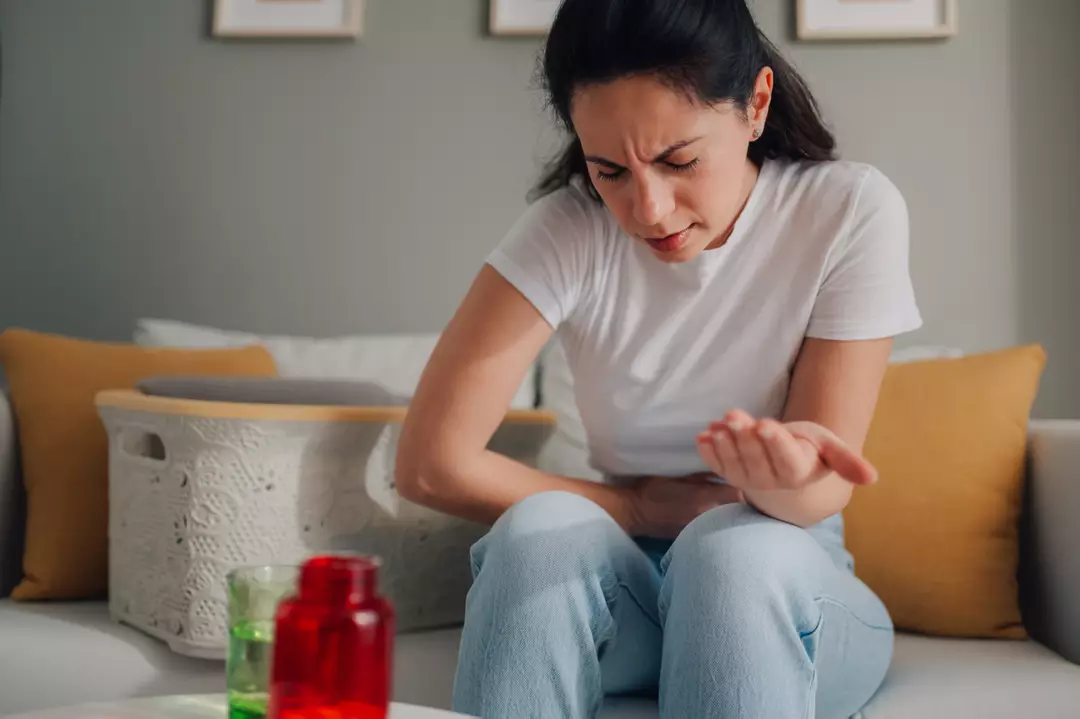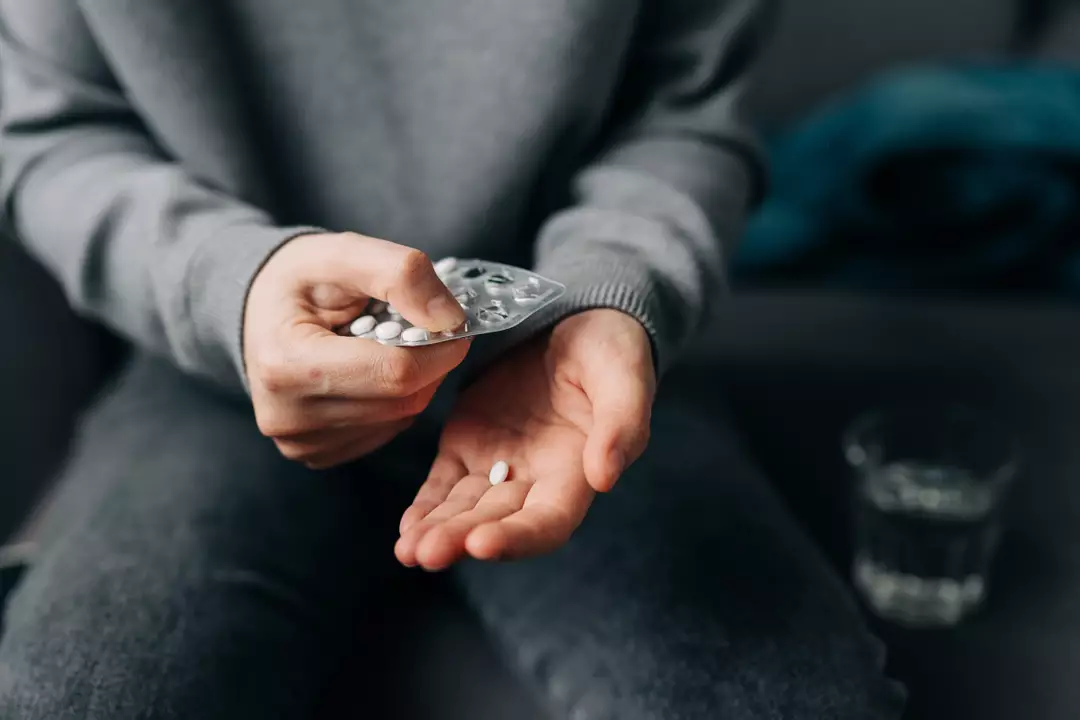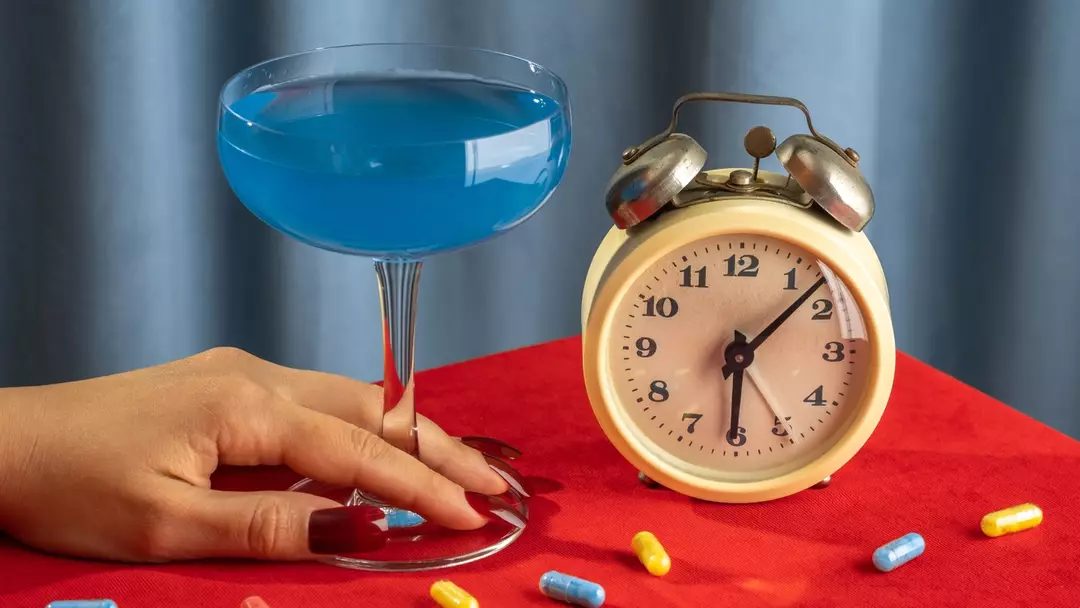While many are aware of the risks, a pharmacist has shed light on just how harmful it can be to consume alcohol while taking certain medications.
For numerous individuals around the globe, enjoying an alcoholic drink is a common aspect of life. However, many do not cease regular alcohol consumption unless prompted by a cause or health concern.
Despite this, when on medication, the labels often caution against mixing it with alcohol, advice that some people choose to disregard.
Pharmacist Deborah Grayson has emphasized that this might be a very risky choice.
Speaking to the Mail Online, she discussed the potential dangerous side effects of ignoring this advice and identified which medications might lead to the most severe symptoms.

Antibiotics are frequently used to combat infections, but Grayson advises that alcohol should be avoided while taking them.
She stressed the importance of this, particularly when prescribed metronidazole or ciprofloxacin.
Metronidazole is utilized to address anaerobic bacterial infections, whereas ciprofloxacin is often used for STIs and pneumonia.
She stated: “If you mix that particular antibiotic with alcohol, it can make you significantly poorly, to the point that sometimes patients have felt like they’ve almost been dying. It’s been that severe.”
She further cautioned that even consuming a small amount of alcohol, like that in a sherry trifle, could trigger a significant reaction.
Blood thinners, which are crucial in preventing conditions like heart attacks or strokes, should never be mixed with alcohol according to Grayson.
She warned about the medication Warfarin, saying, “Alcohol can interfere with how the body processes this blood thinner, increasing the risk of blood clots and internal bleeding.”

According to the British National Health Service (NHS), mixing alcohol with antidepressants can lead to undesirable side effects.
Grayson explained: “Alcohol can worsen low mood and reduce how well antidepressants work.”
She added that certain antidepressants, such as amitriptyline and mirtazapine, can cause drowsiness and dizziness, effects that are exacerbated by alcohol.
This is compounded by alcohol’s nature as a depressive substance, which can amplify symptoms of mental health issues.
ADHD medications, which function by increasing levels of specific neurotransmitters, can lead to more pronounced side effects when combined with alcohol.
Grayson noted: “Medications such as methylphenidate and lisdexamfetamine [another stimulant] can mask the effects of alcohol.”
“This may lead to unintentional overconsumption and a higher risk of harm.”

Grayson also highlighted the risks of alcohol consumption with antipsychotic medications, which may increase drowsiness.
Antipsychotic drugs are primarily prescribed for mental health conditions like schizophrenia but can also treat other issues like involuntary hiccups, nausea, and vomiting.
She commented: “Antipsychotic medicines can cause significant drowsiness on their own. Alcohol intensifies these effects and can further affect mood and judgement, making it unsafe to combine the two.”
Lastly, Grayson advised against mixing both prescription and over-the-counter sleeping pills with alcohol due to potential dangers.
She pointed out that alcohol can disturb sleep patterns, diminishing the effectiveness of such medications.
She concluded: “Combining alcohol with sleeping tablets increases drowsiness and the risk of falls, particularly in older adults. Alcohol also disrupts normal sleep patterns, reducing the overall benefit of the medication.”

